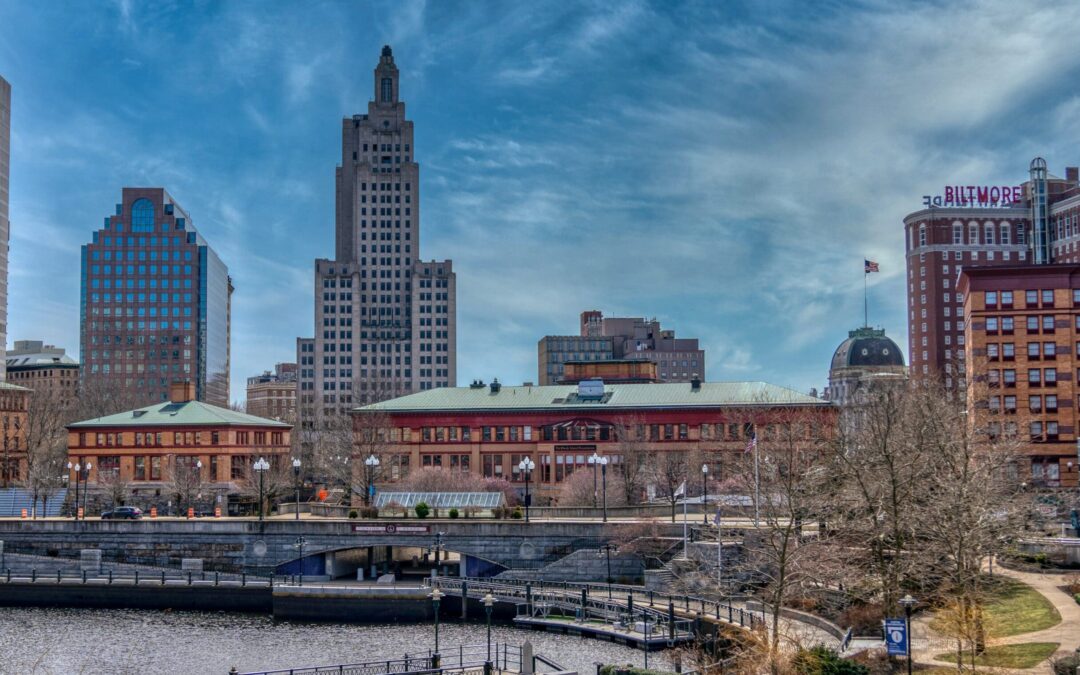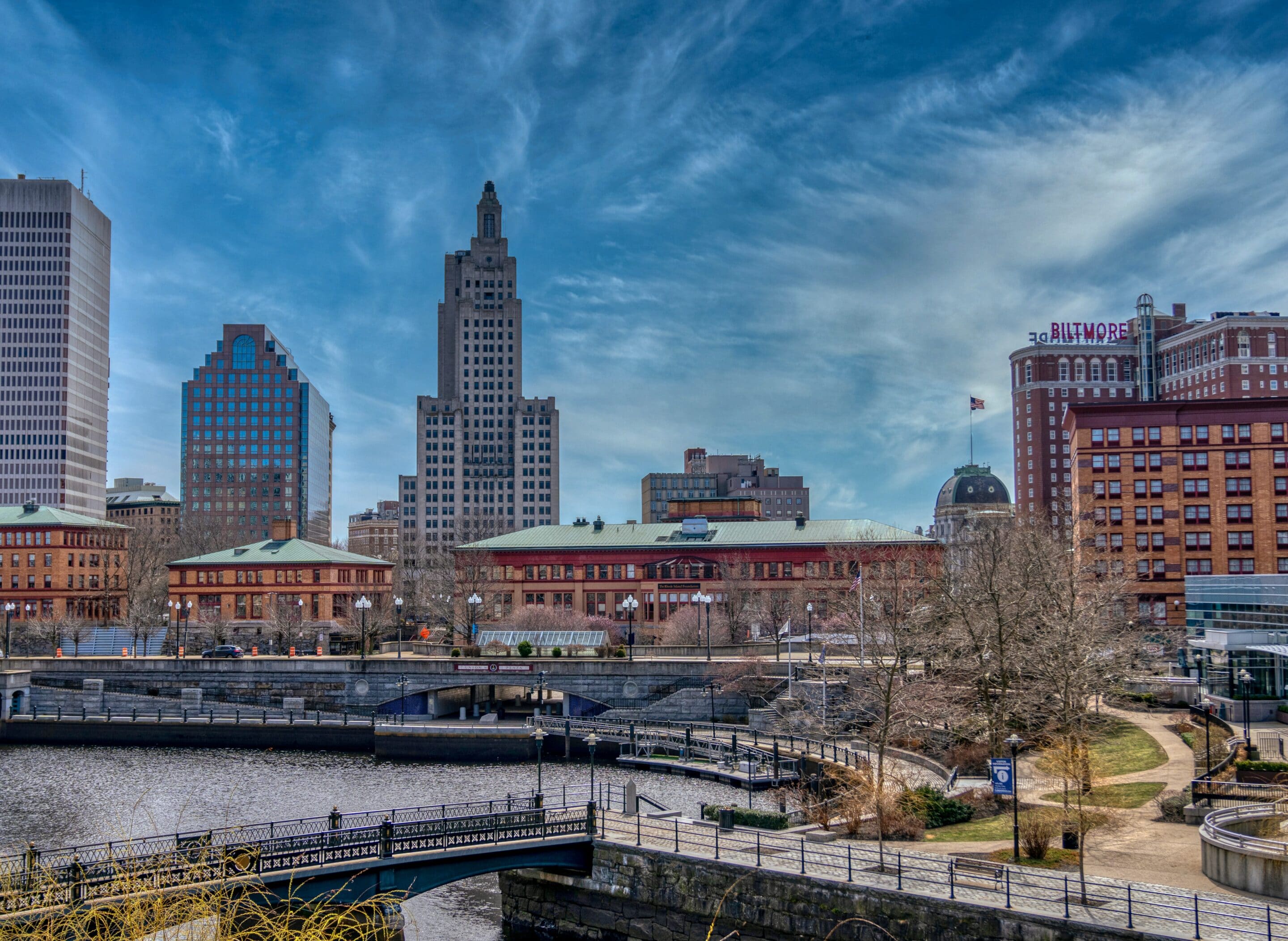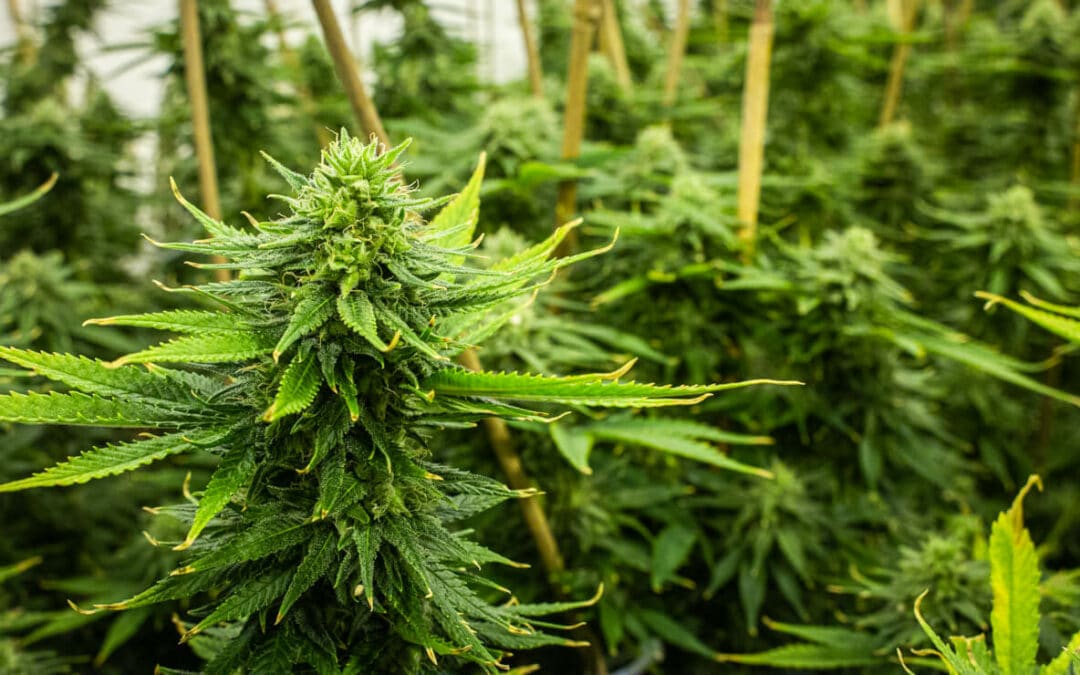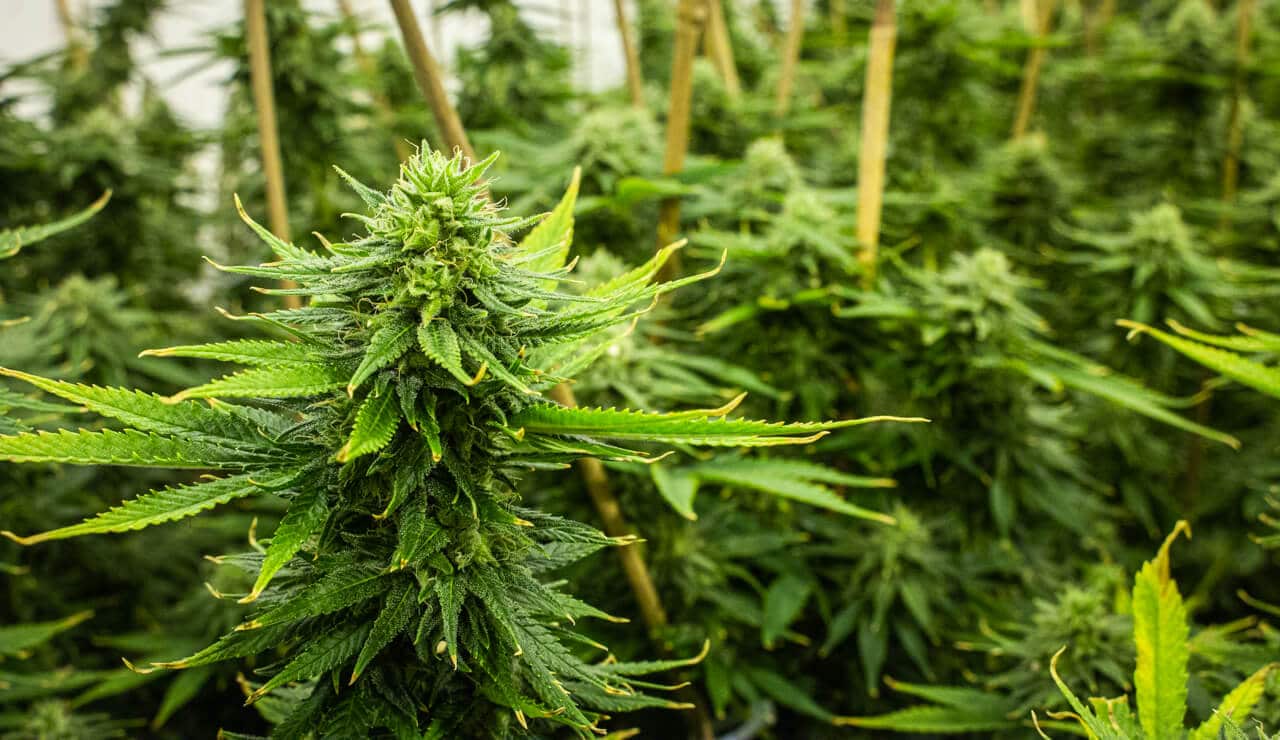
Rhode Island Cannabis Legalization Bill Under Consideration

On Tuesday, the RI House of Representatives Committee on Finance examined legislation that would legalize recreational cannabis use for adults, with legislators and the public showing strong support for the bill and contemplating how it could be improved. The proposal in the House differs from the Senate’s recently passed, similar legislation in a number of key areas, including automatic expungement for past cannabis offenses and oversight and impact fees to be paid to municipalities where retail stores open.
“I try to take input from a lot of the stakeholders in the cannabis world,” said sponsoring representative Scott A. Slater (D-Dist. 10, Providence). “Patients, caregivers, cultivators, existing compassion centers and the Rhode Island League of Cities and Towns. I try to take everyone’s input and compromise the best piece of legislation that I can for a legal, adult-use, recreational cannabis program.”
The legislation, if approved in the House and signed into law, would legalize cannabis in the state, allowing possession up to one ounce by individuals over the age of 21. It also allows for home grow comparable to neighboring Massachusetts, with adults being able to grow up to 12 plants, with six active plants at any given time.
Fifteen recreational cannabis licenses would be made available if the legislation is approved, with five of those being designated for equity applicants. Three of the licenses would go to the state’s three existing compassion centers and seven new licenses would be up for grabs, with one of those slots set aside for a co-op business.
“We can work on the number of retail [licenses],” said Slater. “I’m open to adjusting that number. I think it’s important.”
“What I’ve found is that we have people, small businesses, our constituents, investing their money and there was no market for them,” he continued, speaking to the state’s expansion of medical marijuana access in recent years. “They got their licenses, they paid their fees, they did all the right things and I feel that we oversaturated the market and I don’t want to do that again.”
Last week, the RI Senate passed similar legislation, though Slater said his bill bears some significant differences.
The first, said Slater, is that past cannabis-related offenses, both misdemeanors and felonies, would be automatically expunged if the legislation is approved. The Senate bill also offers expungement for past cannabis offenses, though that bill lays out a process to apply for expungement. Further, Slater’s bill would not create a five-member cannabis control commission as in the Senate’s version, but would leave oversight to the state’s Department of Business Regulation.
“My bill leaves the regulation to DBR, which has been doing a good job to authorize and promulgate regulations to effectuate the legislation,” said Slater.








